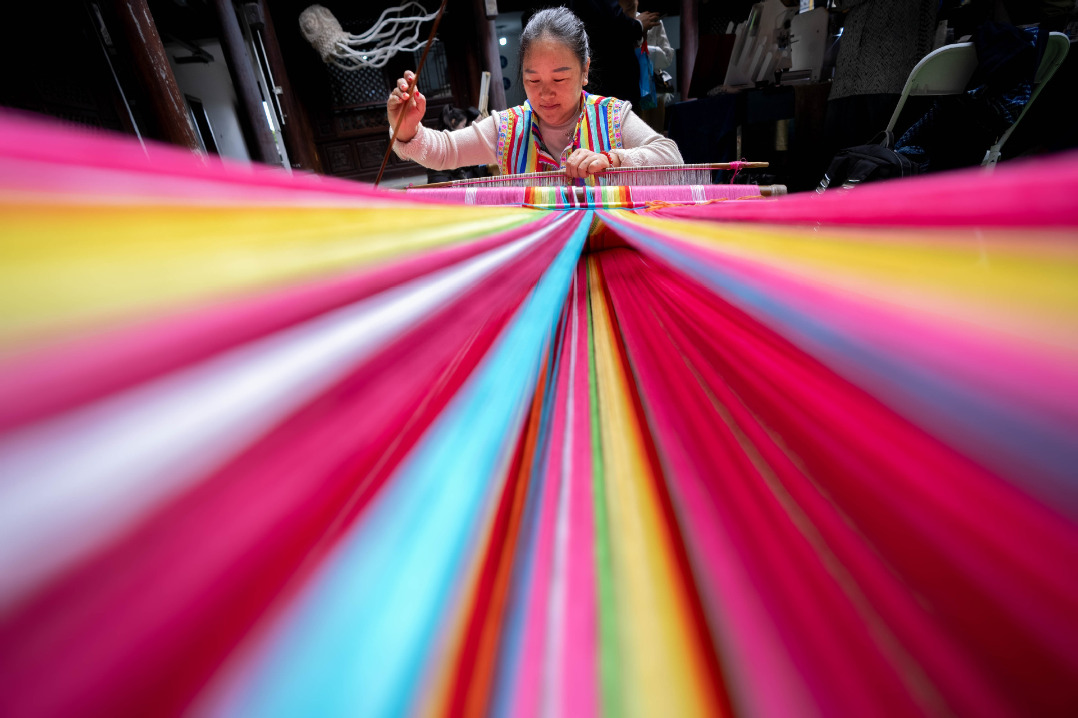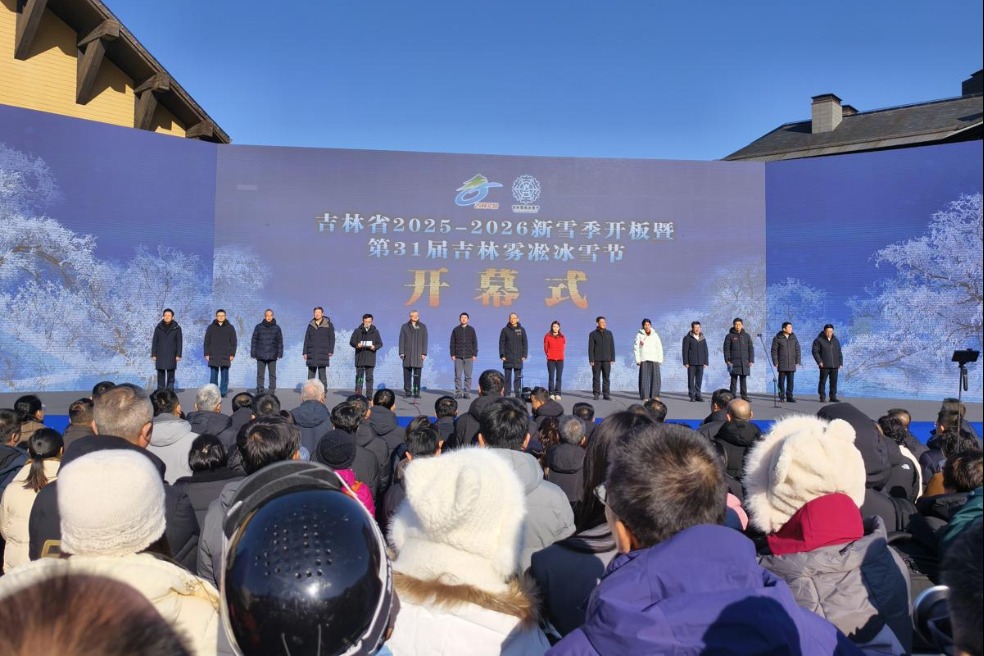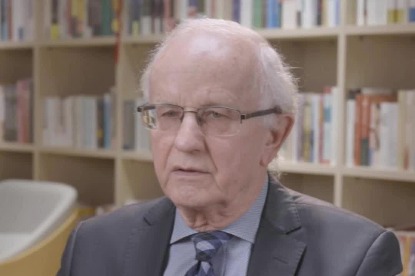China sees continuous decline in hepatitis B incidence rate

BEIJING -- China has seen declining incidence rates of hepatitis B and related hepatocellular carcinoma, according to Chinese health authorities.
China has achieved significant progress in increasing the rate of hepatitis B vaccination, containing new hepatitis B infections, and preventing and controlling HCC related to hepatitis B, said Li Bin, deputy head of the National Health Commission, at a conference on the matter on Saturday.
Data shows that China's three-dose hepatitis B vaccination rate among newborns has been maintained at over 95 percent and reached the 2030 goal set by the World Health Organization.
In 2022, around 367,700 new cases of liver cancer were reported in China, with a standardized incidence rate of approximately 15.03 per 100,000 people, revealing a downward trend when compared to historical data.
Zhuang Hui, academician of the Chinese Academy of Engineering, has called for continued efforts to improve hepatitis B diagnosis and treatment rates.
The key to eliminating hepatitis B and reducing its mortality rate is vaccinating susceptible adults that do not have immunity against the virus and other groups at risk, Zhuang suggested.
China still faces challenges as it works toward the goal of eliminating hepatitis B by 2030, Li said, adding that more will be done to promote vaccination and optimize testing strategies.
- Study explains why Chang'e 6 moon soil is unexpectedly sticky
- Rare Sapria himalayana once again enters blooming period in Yunnan
- China to launch Shenzhou XXII spaceship on Nov 25
- Students practice restoring Yuan Dynasty mural details at Shanxi University
- Ministry crackdown dismantles counterfeiting criminal industrial chains
- Explainer: How will China peak coal, oil use in its climate push




































